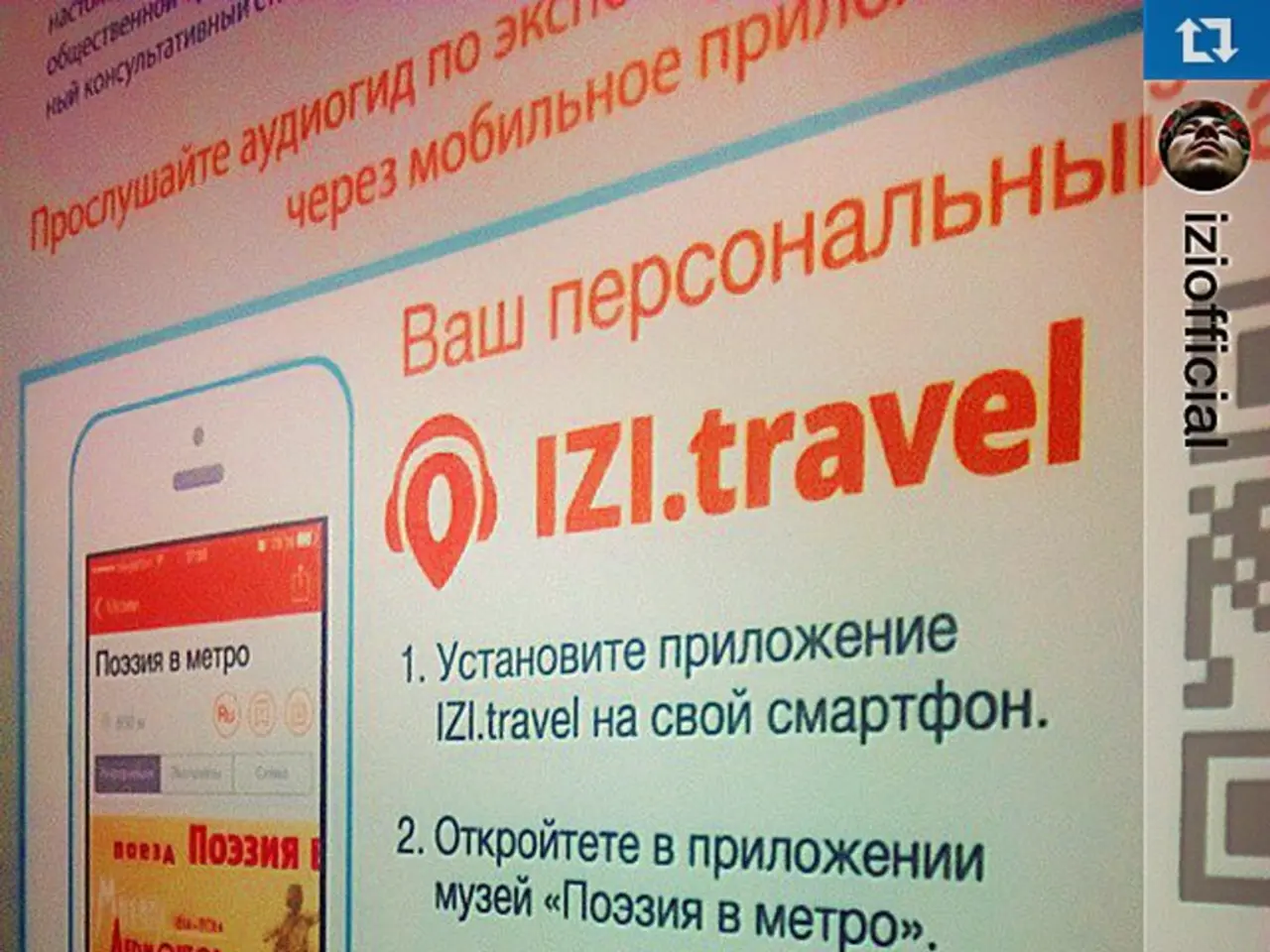Austrian Evangelicals alert on potential church discrimination in recognition laws
In a recent joint report submitted to the UN Human Rights Council, the World Evangelical Alliance (WEA), European Evangelical Alliance, Evangelical Alliance of Austria, and Herzwerk have raised concerns about discrimination, human trafficking, and abortion in Austria.
The report warns against the discriminatory recognition of churches in Austria, highlighting concerns that the current system disadvantages evangelical and other minority religious communities. It calls for Austria to ensure equal legal recognition and treatment for all religious groups to uphold freedom of religion and belief without discrimination.
The report also draws attention to the issue of human trafficking and exploitation in Austria. It urges the Austrian government and international bodies to strengthen measures to combat trafficking, protect victims, and provide adequate support systems to those affected. The report suggests implementing residence permits for trafficking survivors who are not eligible for asylum under the category "personal reasons."
The joint report also touches on abortion, advocating for the elimination of the discriminatory treatment of unborn children who are suspected of having a disability. While an abortion is not punishable in Austria if there is a serious risk that the child will be severely mentally or physically damaged and the abortion is performed by a doctor, the report highlights that people suspected of having a disability are more vulnerable and likely to be aborted than other unborn people in Austria.
The report further emphasizes the importance of safeguarding freedom of religion as a fundamental human right in Austria. It recommends that Austria enforce laws that protect religious freedom and prevent restrictions that unfairly impact evangelical communities or other minorities. The report applauds that Austria has codified a non-punishment provision to protect victims of exploitation, but indicates that the provision is rarely used, resulting in victims being convicted and punished for crimes they were forced to commit.
In addition, the report calls for the revision of the recognition of religious organizations to end the hierarchy of institutional recognition and ensure legal recognition does not exclude small and new religions. The extremely high requirements for religious groups to be legally recognized as a church make it practically impossible for small religious groups and interdenominational associations.
The report also recommends adopting civil society organizations as partners in the task of victim identification. Identification of victims of trafficking in Austria remains problematic due to the illegal employment or residence status of people being exploited.
This joint report aims to encourage Austria to improve its human rights record in these areas, ensuring that religious groups, especially evangelical Christians, are treated fairly, human trafficking is addressed robustly, and sensitive ethical issues like abortion are approached with respect for religious conscience.
Technology can play a vital role in strengthening measures against human trafficking, as it can help in identifying and tracing victims, as well as in providing support systems and resources for survivors.
The importance of education and self-development, particularly in the context of sports, becomes even more pronounced when addressing issues like human trafficking and abortion, as fostering empathy, critical thinking, and resilience among individuals can contribute to a more compassionate and informed society.




